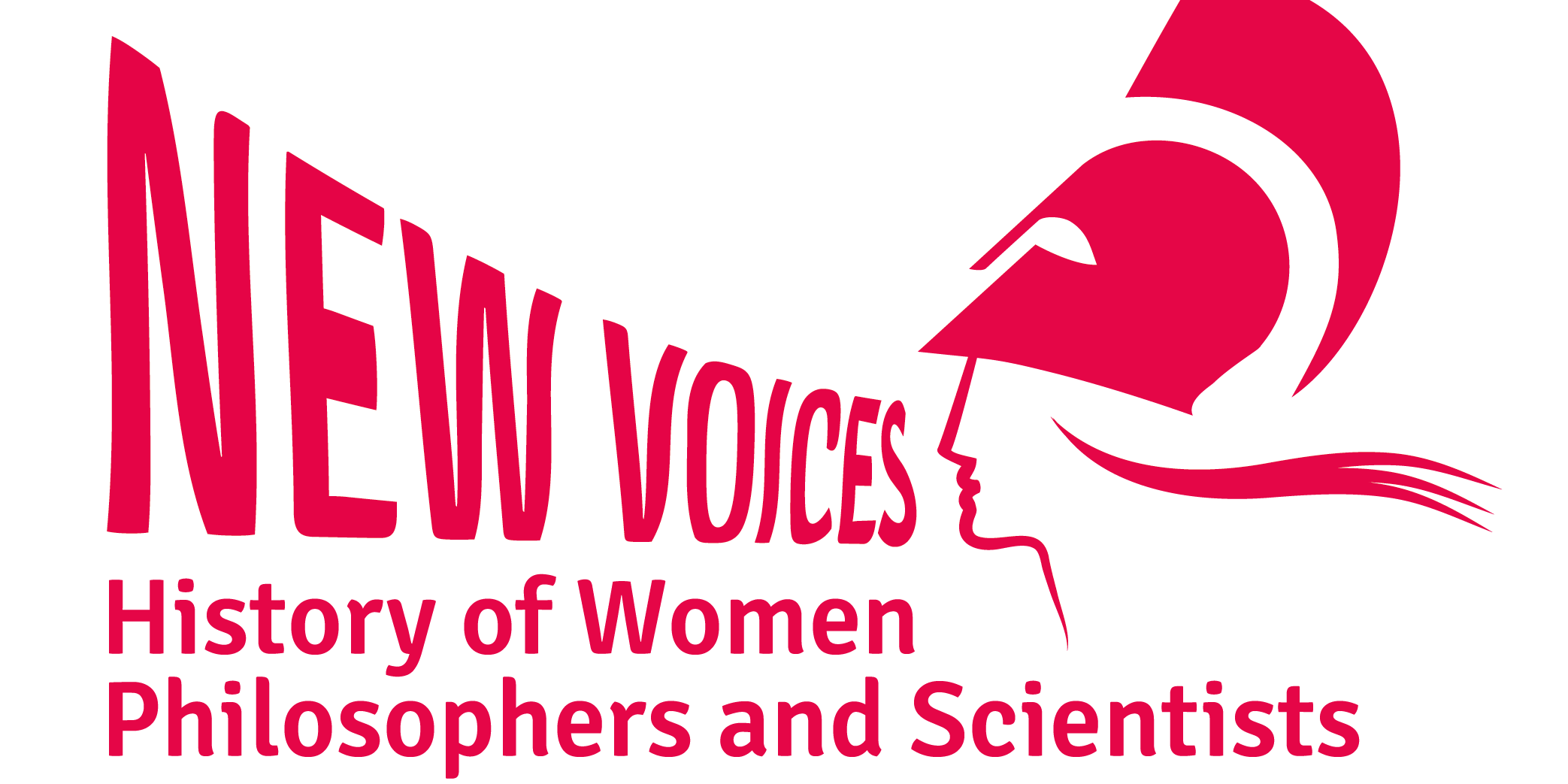
New Voices Winter 2025: Women in the History of Analytic Philosophy and Philosophy of Science
Talk | 4:30 PM - 6:00 PM | Dr. Michele Vagnetti, Dr. Andreas Vrahimis
Dr. Julia Franke-Reddig (University of Siegen and Université de Genève): Ilse (Rosenthal-)Schneider and Einstein on Kantian Philosophy
The name Ilse (Rosenthal-)Schneider is not well known today. However, she was a promising student of Albert Einstein, Max von Laue, and Alois Riehl, publishing her dissertation on the space-time problem in the context of Kant and Einstein with Springer in 1921. Although prominent philosophers like Moritz Schlick and Hans Reichenbach harshly criticized her interpretation of the relationship between transcendental philosophy and the theory of relativity, Einstein himself supported Schneider’s work, even after her exile to Australia in 1938.
In Australia, she never obtained a professorship but remained actively engaged in research and university life. Notably, she later became a key figure in the foundation of Australian philosophy of science. Systematically, Schneider advocated for a Neo-Kantian view, arguing that transcendental philosophy was compatible with the general theory of relativity. While I do not aim to determine whether her interpretation was correct, it is worth noting that Einstein—though not a philosopher and unfamiliar with Kantian philosophy—has often been associated with philosophical interpretations of relativity theory, particularly by thinkers who reject a transcendental perspective.
As Klaus Hentschel pointed out, Einstein evolved from being a conventionalist in 1917 to adopting a philosophical realist stance in later years. This evolution makes Schneider’s perspective on the philosophical interpretation of relativity theory particularly intriguing. She maintained close correspondence and professional exchange with Einstein until the end of his life.
In my talk, I will reconstruct Schneider’s position on the relationship between Kantian philosophy and relativity theory and compare it to Einstein’s comments on the subject. This analysis aims to propose an approach or an initial framework for a better understanding Einstein’s position regarding the philosophical implications of his theory.

- DATE
- 19 February 2025
- TIME
- 4:30 PM - 6:00 PM
- COSTS
- none
- INSTITUTION
- Dr. Michele Vagnetti,
- Dr. Andreas Vrahimis









 share
share tweet
tweet